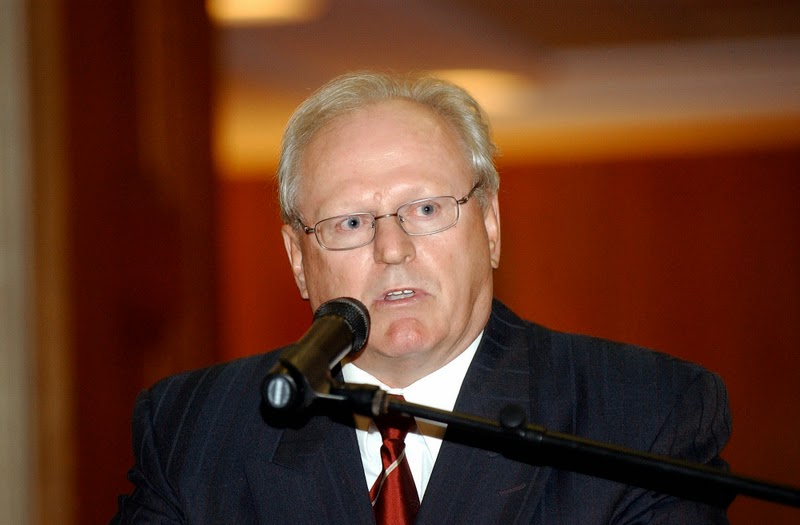In January
of this year, in
R. v. Moriarity & Hannah, 2014 CMAC 1, the Court Martial Appeal Court of Canada (CMAC) rendered a
decision which amounts to an important move towards providing a better equality
of rights to Canadian soldiers. Pursuant to s. 130 of the National Defence Act
(Act), the military assumes jurisdiction to prosecute and try ordinary criminal
law offences committed by members of the Canadian Forces and civilians accompanying
or working under contract for them.
Persons who
are tried by military tribunals in Canada lose their constitutional right to a
trial by a jury for serious offences in addition to some procedural and
sentencing benefits conferred upon civilians tried before civilian tribunals
for the same crimes.
In the Moriarity case, the accused challenged
the constitutionality of s.130 on the ground of overbreadth. The CMAC read down
the scope of s.130 by requiring the existence of a military nexus for the prosecution
and trial to take place before military tribunals. In other words, the offence
has to be a “service connected offence”. The Court found as follows:
a)
paragraph 130(1)(a) of the Act is not
overbroad and, therefore, does not violate s.7 of the Charter;
b)
however, the scope of par. 130(1)(a) must be
read in the context of a military nexus and the object of the Act which is to
ensure the discipline, efficiency and morale of the military;
c)
the decision in R.v. Reddick (1996), 5 CMAR 563, did not abolish the
military nexus requirement as the issue in the case related to the division of
powers and Parliament’s authority to enact paragraph 130(1)(a);
d)
a military nexus is required to ensure that
only those offenses relating to the purposes behind a separate military justice
system can be prosecuted under paragraph 130(1)(a) of the Act;
e)
the exception to the guarantee of the
constitutional right to a jury trial in 11(f) of the Charter is triggered by
the existence of a military nexus with the crime charged;
f)
the scope of paragraph 130(1)(a) is
necessarily circumscribed by the existence of a military nexus;
g)
the purpose of paragraph 130(1)(a) can be no
broader than the purpose of object of the Code
of Service Discipline; and
h)
although the military nexus requirement is satisfied,
there may be overriding considerations such as public interest which would or
could require or justify a prosecution before a civilian tribunal.
In R. v. Vezina, 2014 CMAC 3, citing the
Supreme Court of Canada's decision in Osborne v. Canada (Treasury Board), (1991) 2 S.C.R.
69, the Court applied its decision in Moriarity
and ruled that what constitutes a military nexus sufficient to avoid
constitutional overbreadth is a matter to be worked out on the facts of
specific cases.
Therefore
crimes committed in civilian-like circumstances or crimes that have no connection with
the military committed by soldiers or other persons subject to the Code of Service
Discipline will be tried before civilian courts.
As expected, the Moriarity decision is appealed to the Supreme Court of Canada. It will be
interesting to see if the Supreme Court will be prone to have civilians and
children tried by military tribunals even when there is a military nexus and members of the Canadian Armed Forces when there is no such nexus.

































